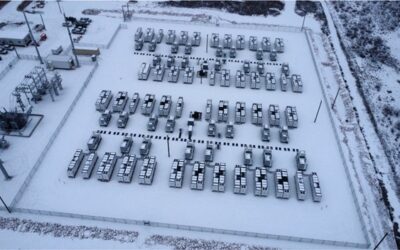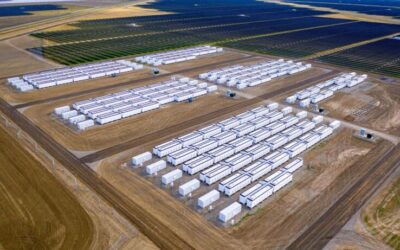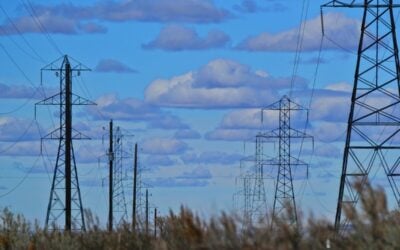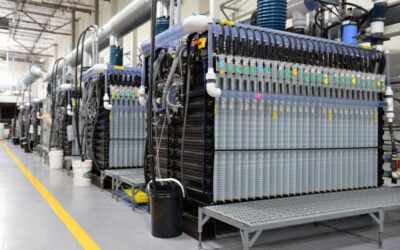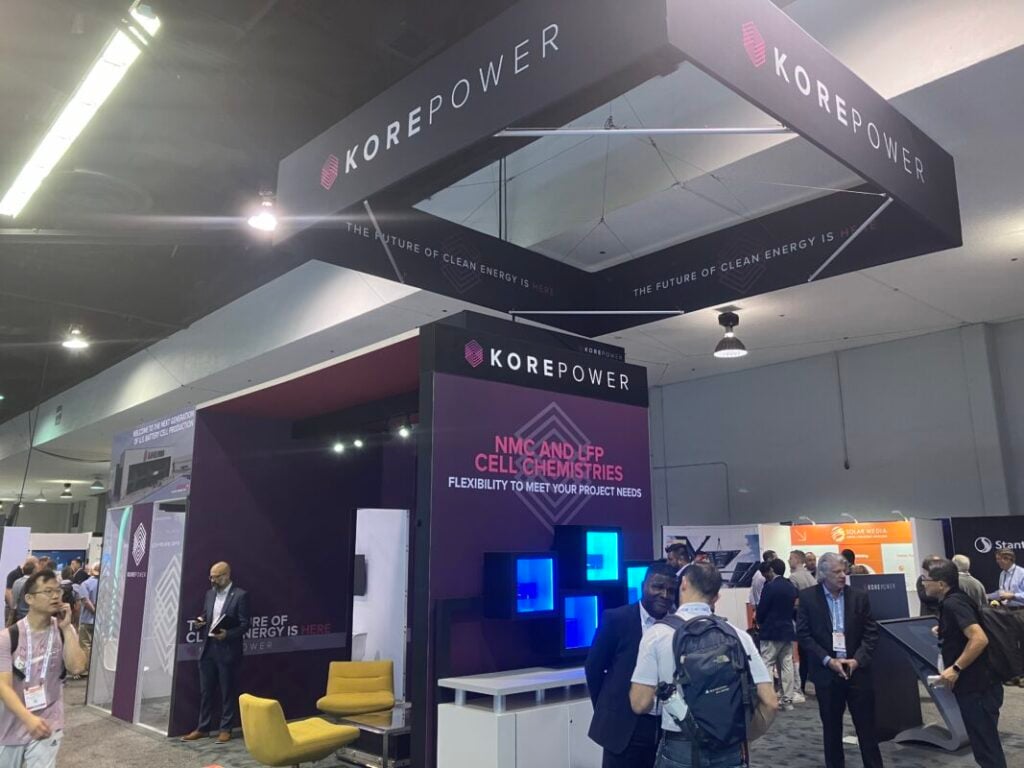
The CEO and founder of KORE Power has resigned, while the vertically integrated battery storage startup has put its Arizona factory site up for sale.
The company, which designs and manufactures energy storage products and solutions from cells and racks to complete battery energy storage systems (BESS), made the twin announcements on Friday (31 January).
Lindsay Gorrill, a supply chain specialist who founded KORE Power in Idaho in 2018, told company employees and investors via email last week that he was vacating the chief executive position to be succeeded by Jay Bellows, previously the company’s president.
“Over the years, I’ve had the immense privilege of building and growing this company alongside an extraordinary team and partners,” Gorrill, who will remain on the board of directors, said in a separate statement on LinkedIn.
Try Premium for just $1
- Full premium access for the first month at only $1
- Converts to an annual rate after 30 days unless cancelled
- Cancel anytime during the trial period
Premium Benefits
- Expert industry analysis and interviews
- Digital access to PV Tech Power journal
- Exclusive event discounts
Or get the full Premium subscription right away
Or continue reading this article for free
“Together, we’ve created a mission-driven organisation that powers innovation and brings transformative solutions to our customers and communities.”
In an interview with ESN Premium in October last year, Gorrill talked about KORE Power’s vision for vertically integrated domestic manufacturing in the US, claiming that the company’s pre-pandemic foresight in seeking to establish local supply chains was now a goal shared by much of the industry and US policymakers.
Indeed, the vertical integration play extended to the late 2021 acquisition of system integrator Northern Reliability, which Bellows was then CEO of, and the establishment of a mobile energy storage system subsidiary called Nomad.
Subsequently, Northern Reliability’s headquarters in Waterbury, Vermont, became KORE Power’s main BESS assembly site. Under the watch of Jay Bellows, who remained in Waterbury, annual manufacturing capacity for KORE’s equipment went from 60MWh to 3,400MWh.
The company has also signed off on recent partnerships and multi-gigawatt-hour supply deals with the likes of Japan’s Nidec and US-Swiss company Energy Vault.
KOREPlex is off, company ‘still focused on US cell production’
However, the company’s nickel manganese cobalt (NMC) and lithium iron phosphate (LFP) cells continued to be made at factories in China, while KORE Power made a high profile play to build the KOREPlex lithium-ion gigafactory in Arizona.
The company had hoped to open the factory by the end of this year or early in 2025 with an initial 6GWh annual production capacity, which would ramp to 12GWh, in tandem with a ramp-up of its China factory to 6GWh annual production capacity. Its plans advanced with the acquisition of a greenfield site in the Arizona city of Buckeye in Maricopa County in 2022.
Last week KORE Power said that its plans had undergone a restructuring and that the KOREPlex “will not move forward at this time.”
“While KORE is selling the proposed greenfield project site, the company has been exploring other opportunities to expand its domestic manufacturing that have led to this pivot,” the company said, noting that it “continues to grow its business and manufacture American-made energy storage systems at its facility in Waterbury, Vermont.”
A KORE Power spokesperson told Energy-Storage.news that the company “remains focused on advancing US manufacturing of lithium-ion battery cells.”
Lindsay Gorrill had often strongly advocated for the value of including battery cell production in the scope of measures to support US manufacturing supply chains for energy storage and electric mobility, calling the cell the “fundamental building block” of sustainability in an online roundtable with then-US Secretary of Energy Jennifer Granholm in 2021.
The spokesperson also pointed out yesterday to Energy-Storage.news that while KORE Power had received a conditional commitment from the US Department of Energy (DOE) Loan Programs Office (LPO) for a US$850 million loan in 2023: “KORE has not closed on the loan with DOE, so no taxpayer money has been spent.”
While the future of the LPO under Donald Trump has not yet been directly commented on, the office—which under Barack Obama made Tesla a major recipient of loan funding—looks increasingly likely to stop issuing loans and be shuttered as it was during Trump’s previous term as president between 2016 and 2020.

